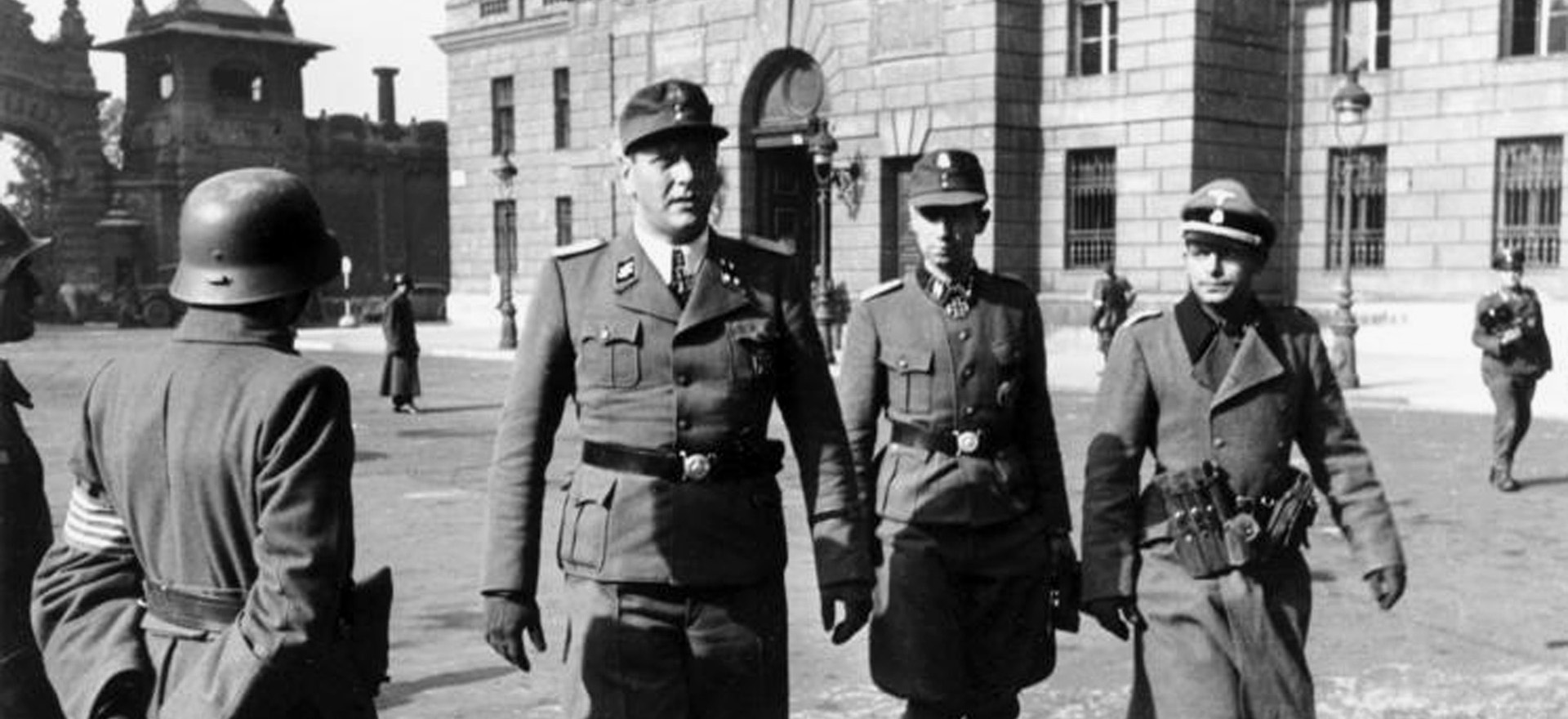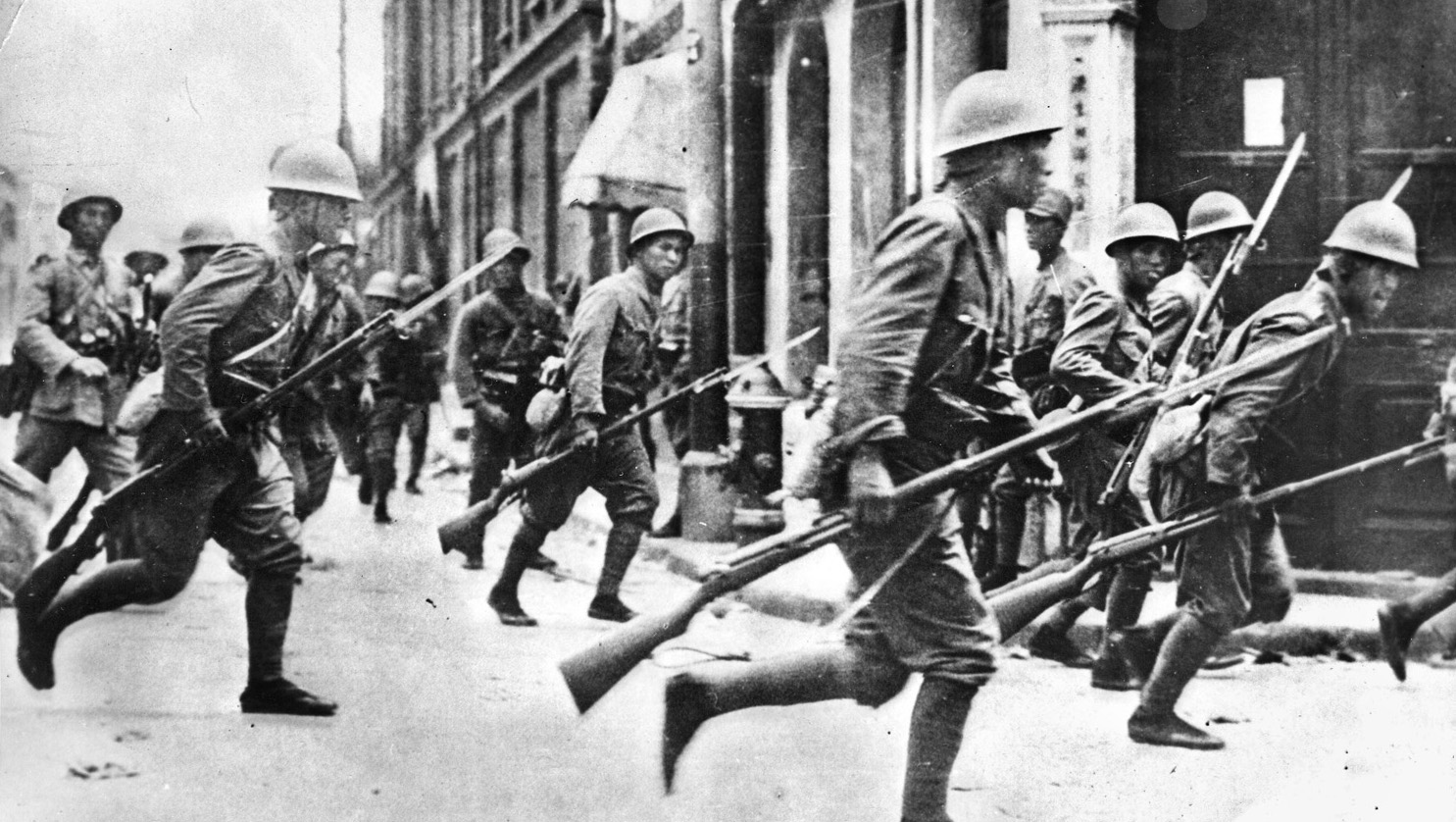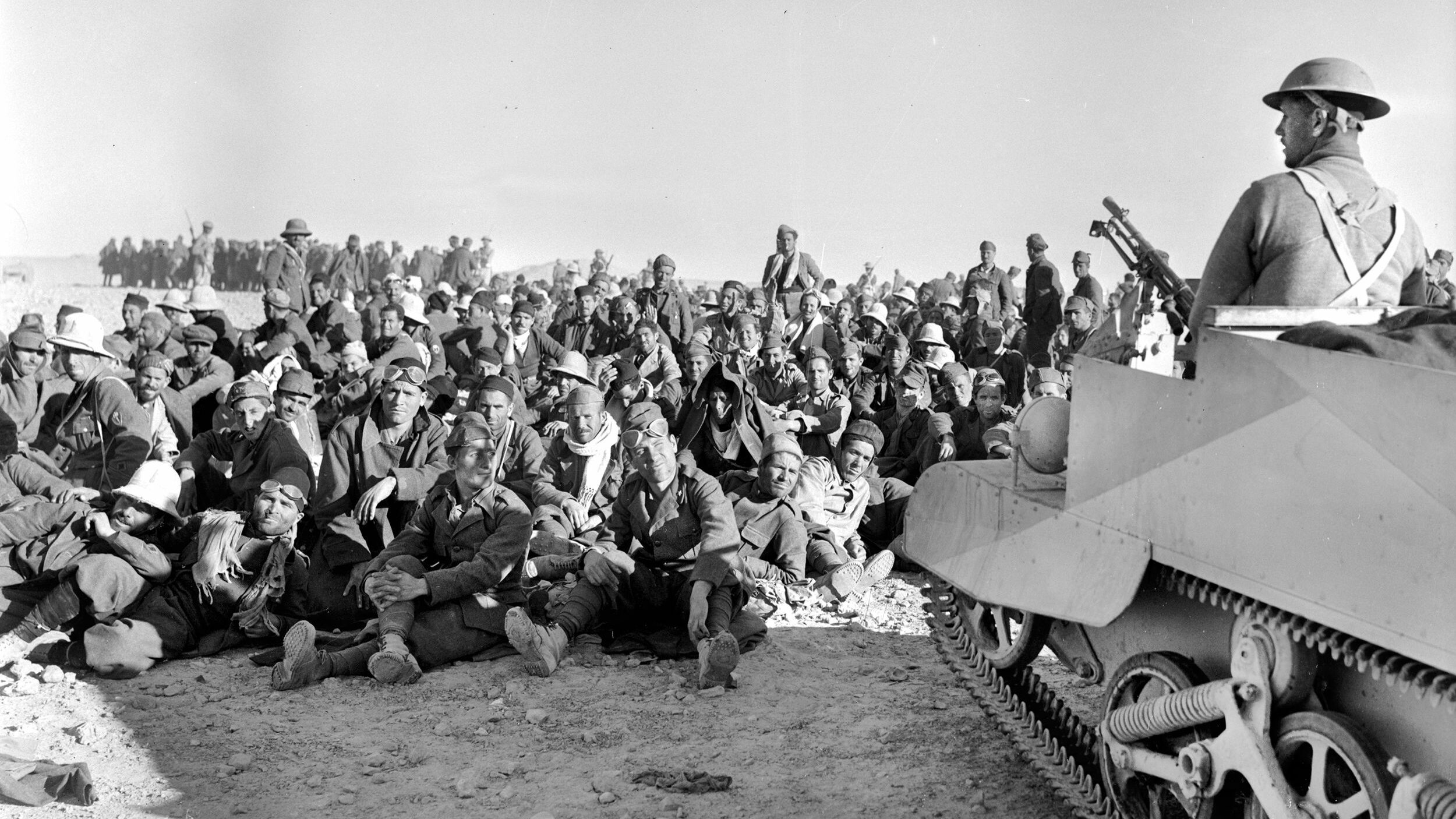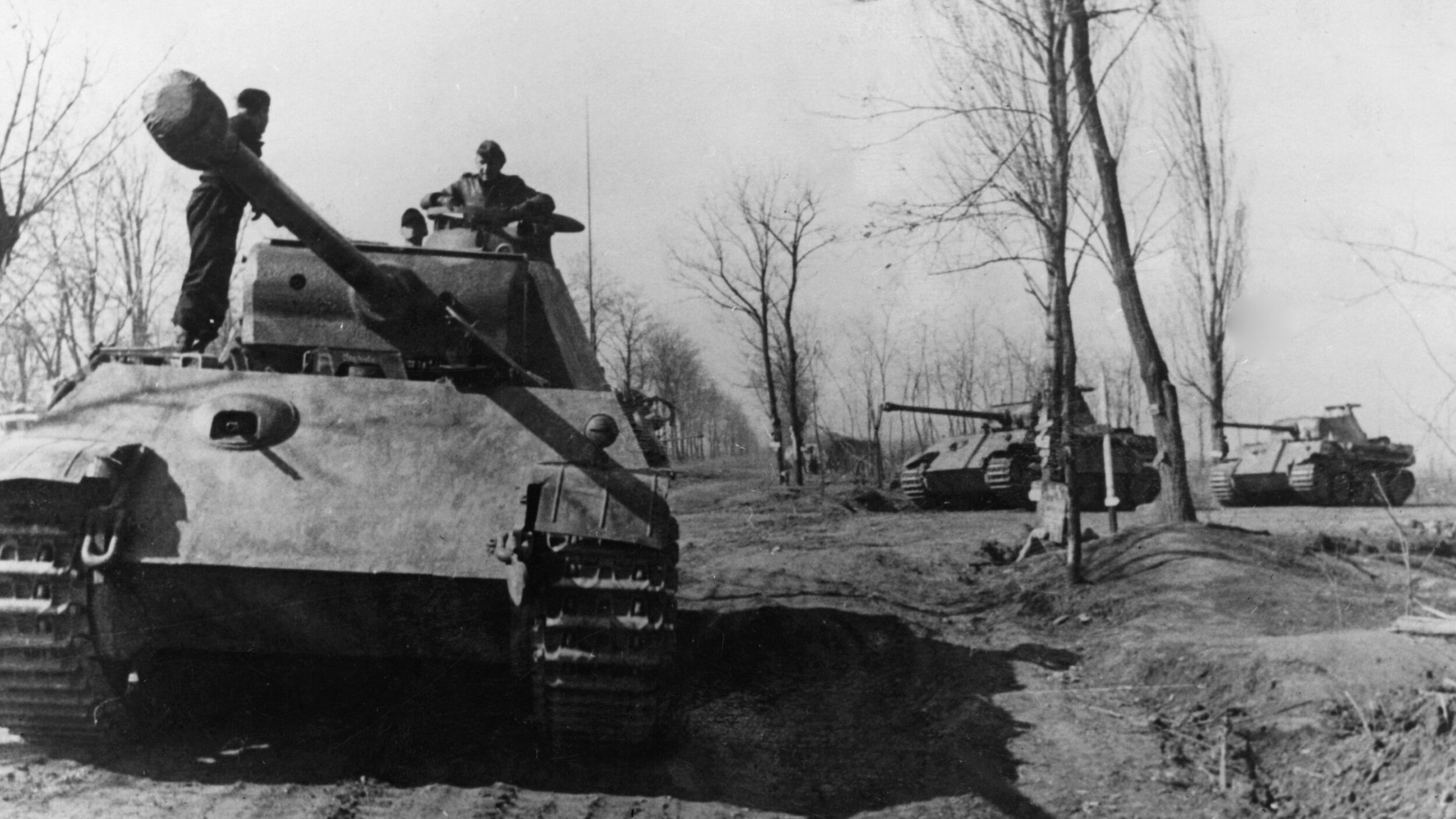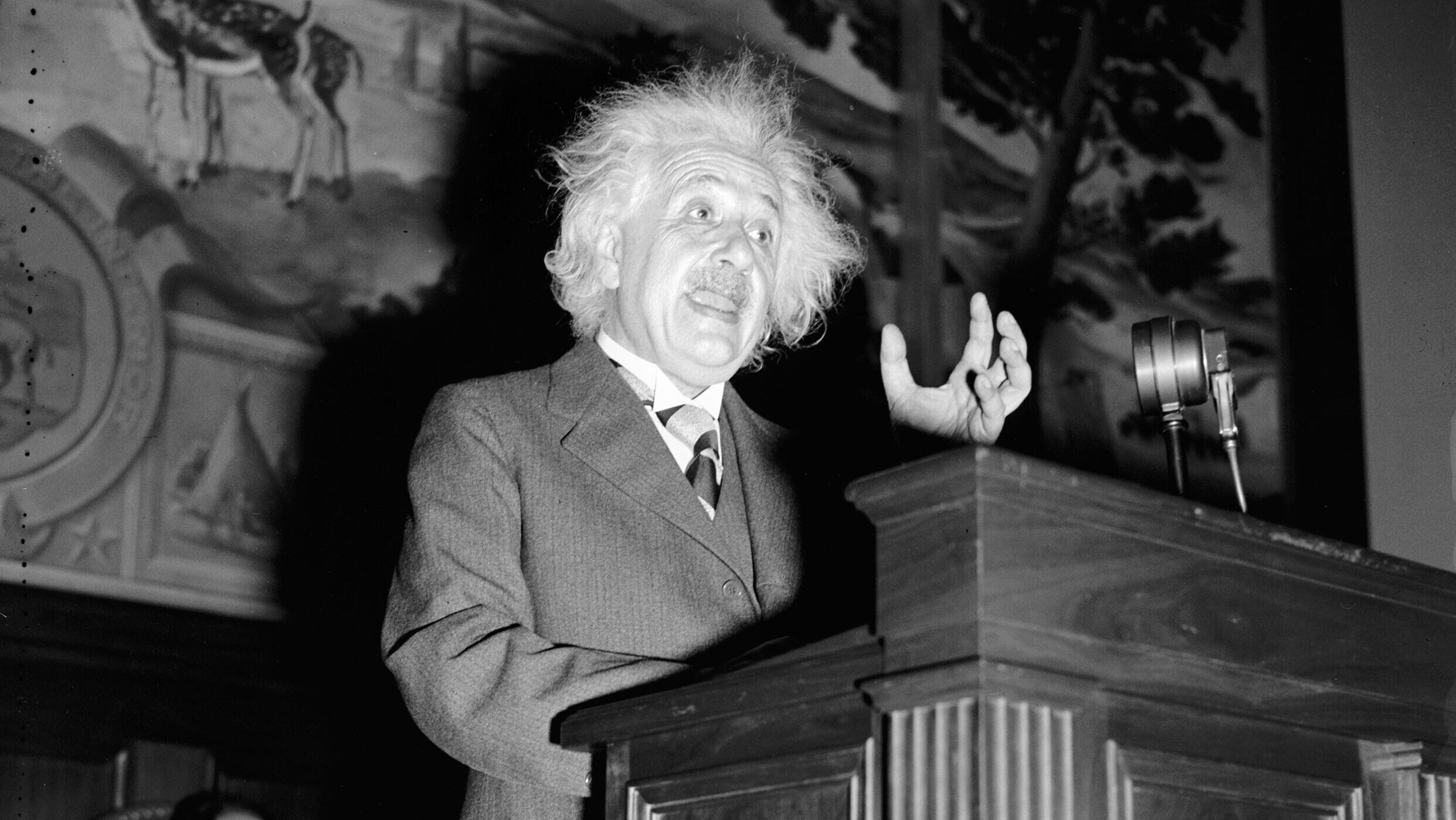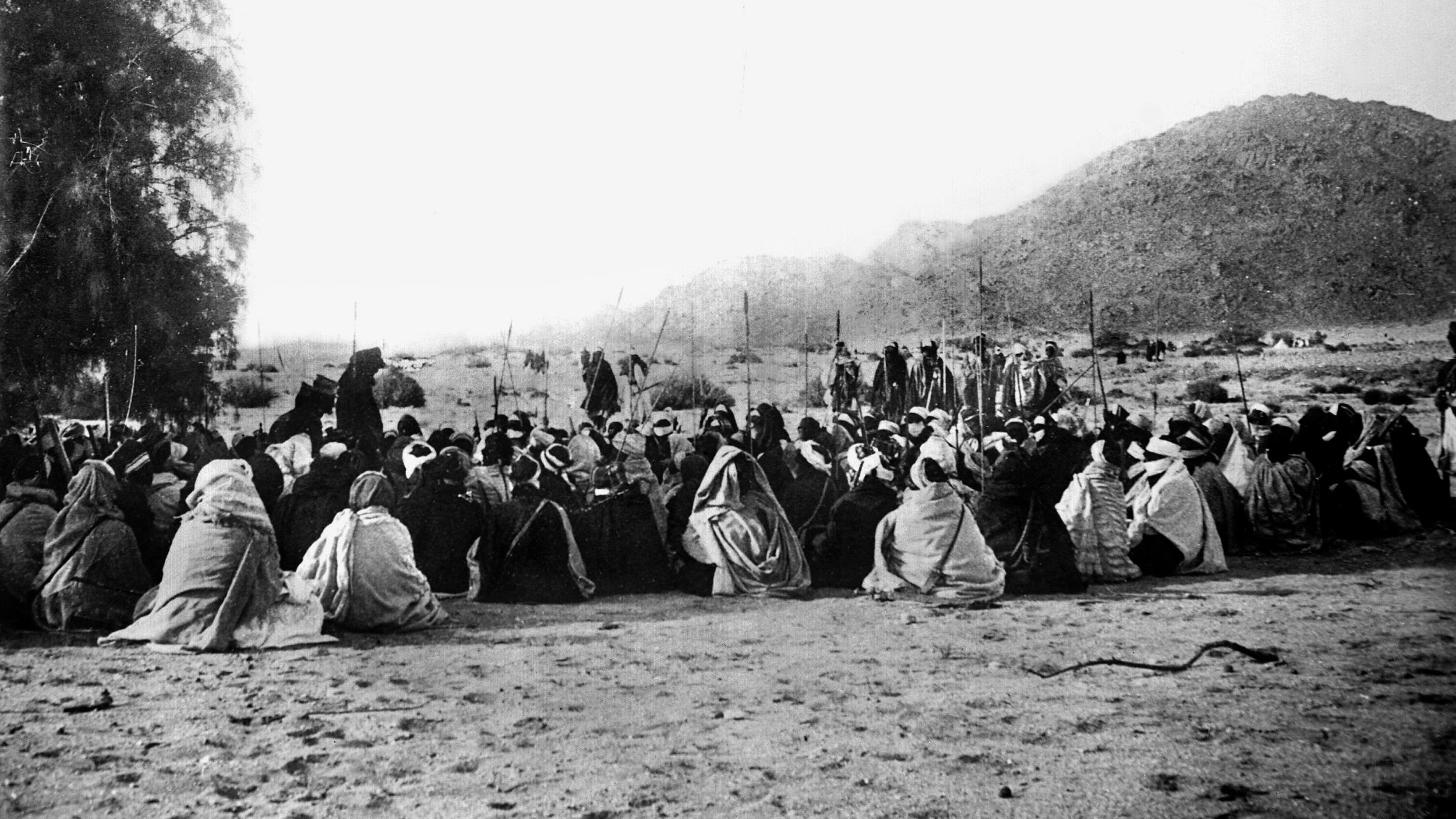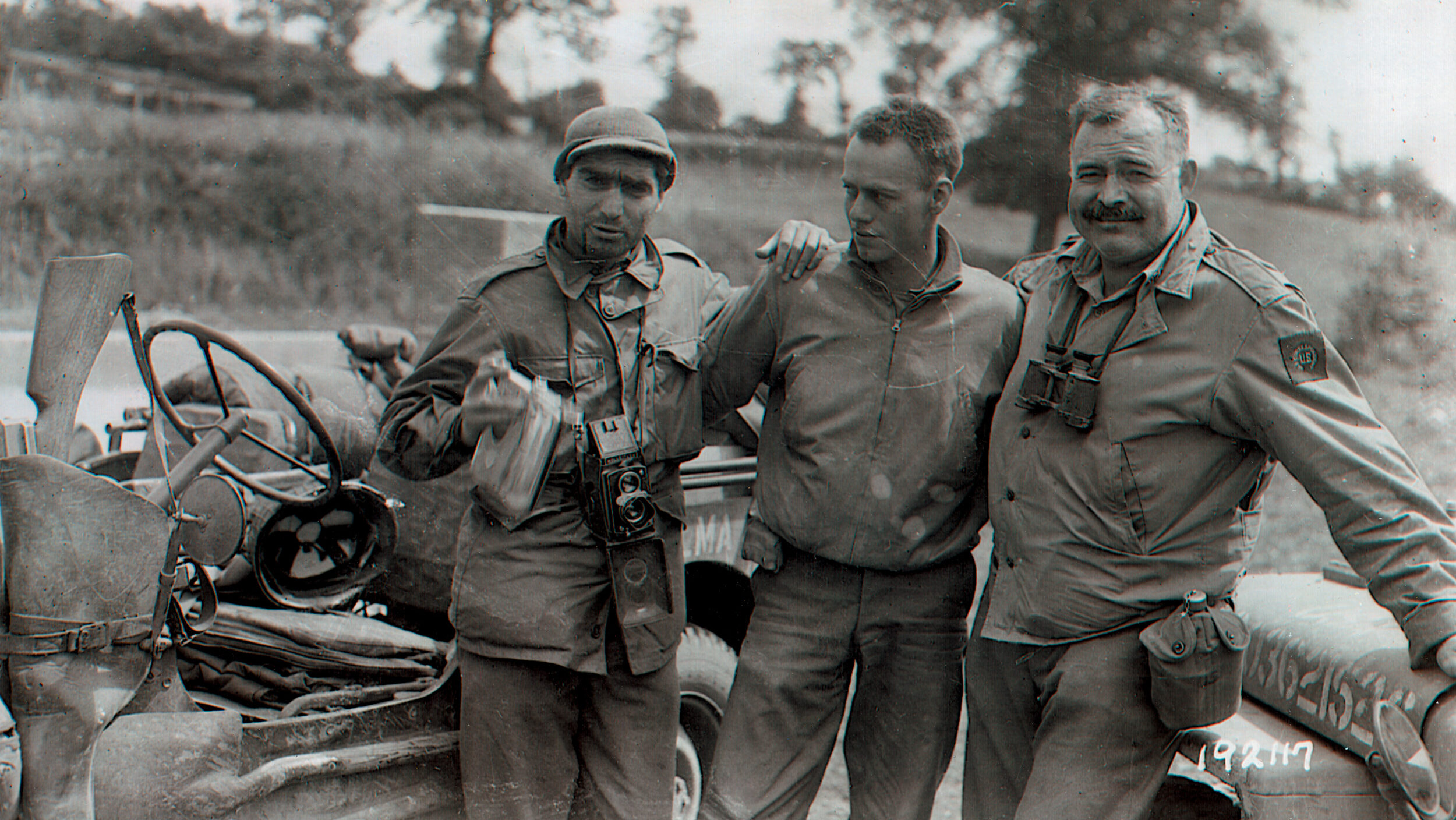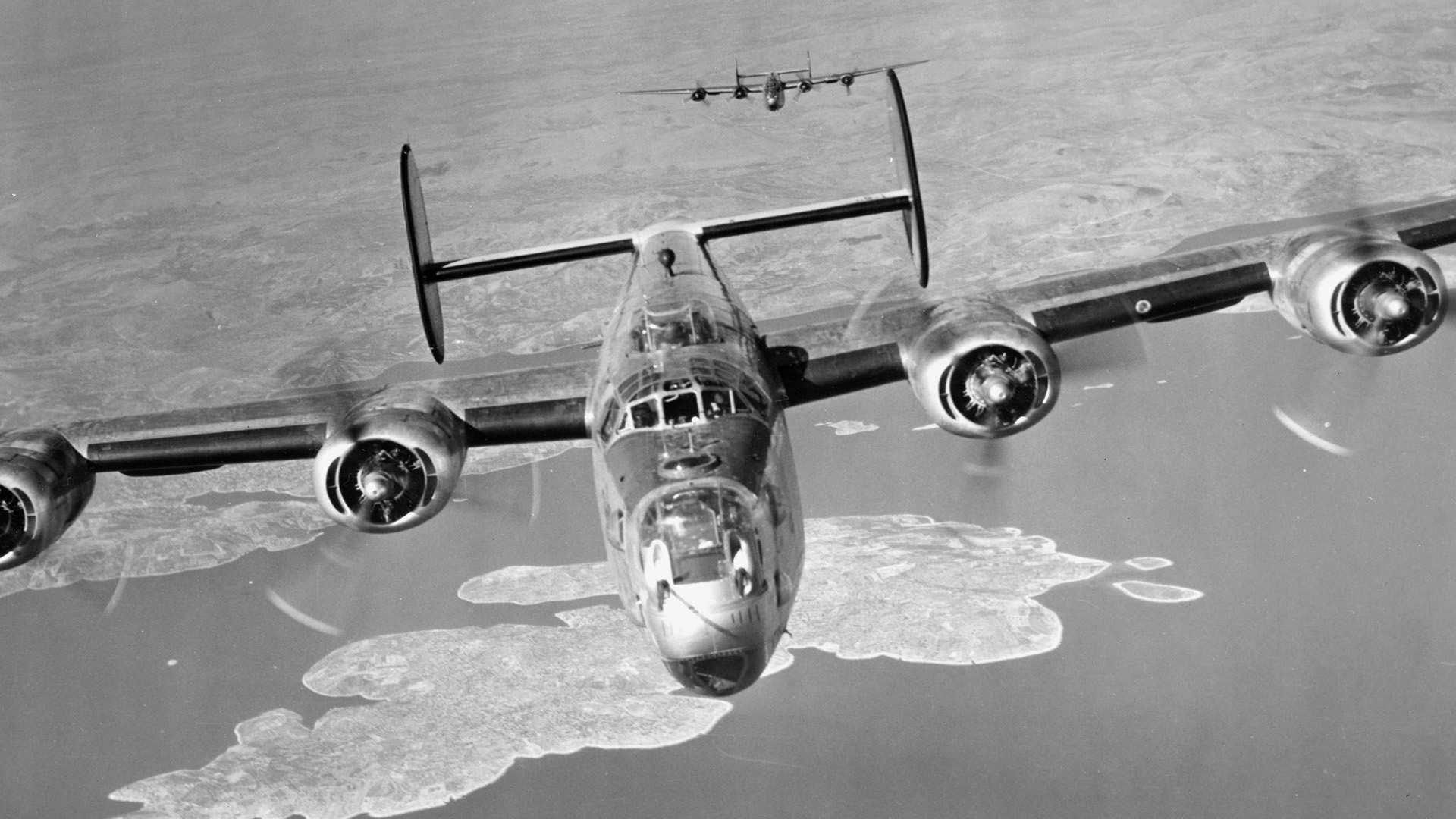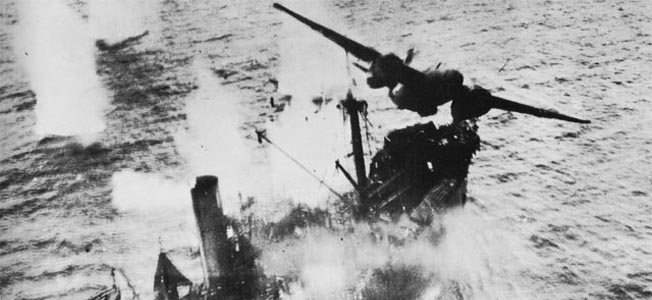By Mark Simmons
“If you want to join the banquet, you’ll have to help first in the kitchen,” Hitler cynically told the leader of Hungary after signing an alliance with him. That alliance ended with a Nazi coup perpetrated as the tide of World War II turned decidedly against Germany.
Hungary in 1944 was a political paradox—a kingdom without a monarch ruled by an admiral without a navy.
Admiral Miklos Horthy was commander-in-chief of the Imperial Austro-Hungarian Navy when the empire’s end in the chaotic conclusion of World War I left Hungary landlocked. The Bolsheviks took advantage to seize power, but Horthy quickly led a counter-coup, and ruled Hungary over the next two decades as regent for the ousted Hapsburgs while keeping them out of the country.
Horthy’s disastrous drift toward Hitler had less to do with ideology than territory—recovering land lost to Romania, Czechoslovakia, and Yugoslavia, including his native Transylvania. The Nazis’ Vienna Award, brokered by bullying, returned some of this territory, and on November 20, 1940, Hungary signed Hitler’s de facto alliance, the Tri Partite Pact.
The Hungarian Prime Minister, Paul Teleki, realized what this would lead to and killed himself. “We will become a despoiler of corpses,” his suicide note despairingly declared.
Hungary instead became a collector of them, some 200,000 Hungarian soldiers falling futility in Russia, including Horthy’s eldest son. Stalingrad effectively destroyed the Hungarian Army—100,000 lost there alone—and the Germans pulled what was left from further fighting. The next military action regarding Hungary involved the Germans invading the country after uncovering Hungarian peace overtures toward the Allies and driving unopposed into Budapest on March 19, 1944.
The Prime Minister took refuge in the Turkish Embassy for eight months before voluntarily coming out to end up digging coal at Mauthausen concentration camp. For his part, Horthy chose to stay in office if barely in power. “What was I to do?” he was to rationalize. “It was quite clear that my abdication would not prevent the occupation of Hungary and would allow Hitler to install a government entirely composed of Nazis, as the example of Italy clearly showed.” ‘Whilst I was still Regent,’ I told myself, ‘the Germans will at least have to show some consideration.’ I could not leave a sinking ship which at that moment had the greatest need of its captain.”
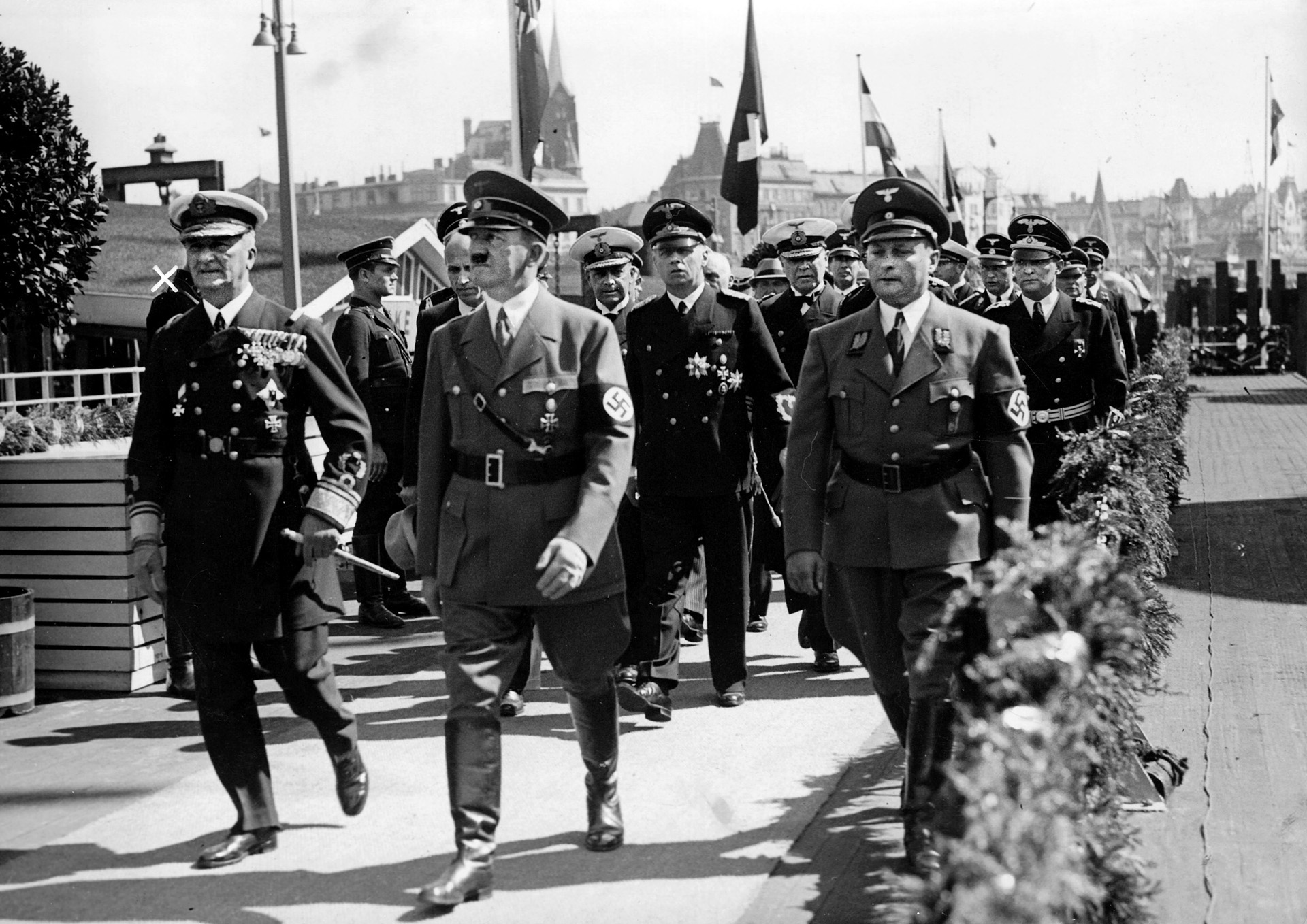
The most endangered group of “passengers” in Hungary was the Jewish population—800,000 people, the largest in Europe so far left largely untouched by the war and Hitler. “I have been an anti-Semite all my life,” Horthy admitted, though he had tolerated them as necessary to help run the economy. Such cynical considerations counted for nothing to the likes of Nazi Holocaust architect Adolf Eichmann, who descended without warning on Budapest and shipped 437,402 Jews to Auschwitz in only 60 days.
Protests by the Red Cross and the Vatican, as well as Allied threats of possible war crimes charges, forced Horthy to suspend the deportations on July 9, 1944. With Romania signing an armistice with the Russians and the Red Amy remorselessly driving toward the border, Horthy sent out peace feelers once more. “I knew that the Germans would do all they could to prevent Hungary from concluding an armistice, which I saw was the only way out,” Horthy would write, but even he could not have imagined the series of events that would follow.
Waffen SS Major Otto Skorzeny was world famous—or infamous—as the soldier who had snatched Mussolini from his Allied captors. Now Hitler tasked Skorzeny with the hijacking an entire country.
“You are going to prepare the military occupation of Castle Hill in Budapest, the nerve center of the Hungarian government,” Hitler directed him. “You will start this operation as soon as we learn that the regent is about to betray the duties incumbent upon him according to his treaty of alliance with Germany.”
With brutal blank-check authorization in hand, Skorzeny was winging his way to Budapest within hours. “The stakes of the game I was about to play were enormous,” he realized. Posing as a tourist from Cologne and staying in a modest hotel, Skorzeny diligently walked the streets in civilian clothes, guidebook in hand, seemingly taking in the sights but actually scouting the city while plotting in secret with local Wehrmacht and SS elements.
Word soon came through informants that Hungarian negotiators were on their way to Moscow for an armistice. “Now was the time to act,” Skorzeny recognized.
The operation to come was originally codenamed “Margarethe.” However, Skorzeny chose to relabel it “Mickey Mouse.”
“Sunday, October 15, 1944, a radiant sun shone in a limpid sky,” Skorzeny recalled. The son of Admiral Horthy, believing that he was meeting representatives of Tito’s Yugoslav Partisans, blundered into a trap set up by the Germans.
Admiral Horthy was under the impression the meeting was taking place in the set-piece safety of the old royal palace, but it was actually set for 10 AM at a boarding house. Skorzeny was driven, still in civilian garb, to the meeting to discover the Hungarian version of secrecy. The younger Horthy’s limousine, biggest and flashiest in town, was parked at the curb in plain view, while a trio of army officers sat in a truck behind it as another pair made a suspicious show of strolling in the park across the street.
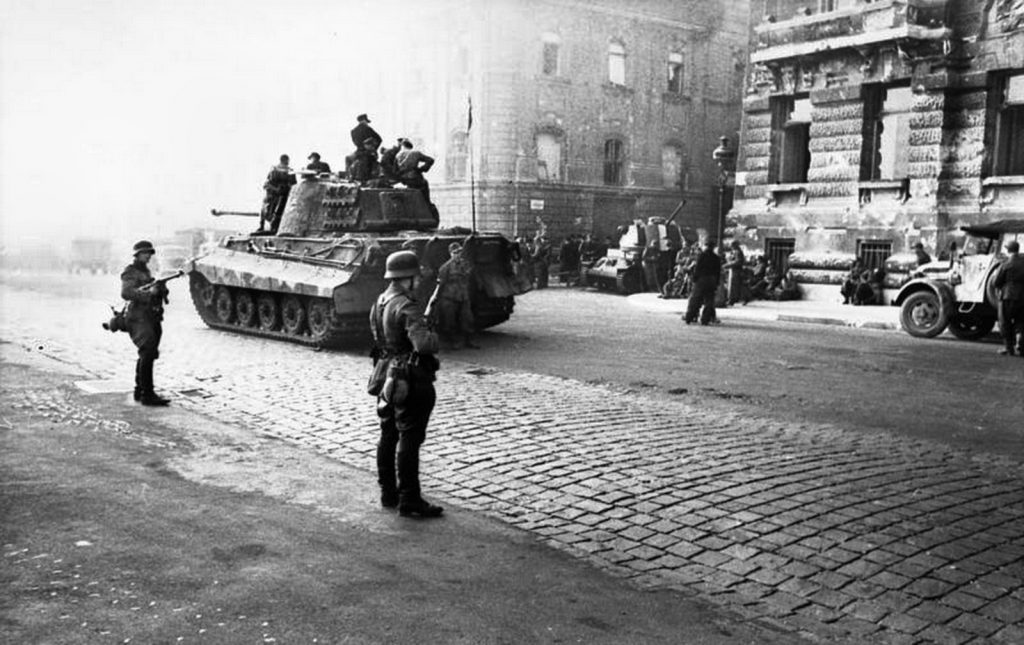
But Skorzeny had made extensive preparations to spring his trap. Gestapo agents occupied the floor above the meeting room, while two more agents, in military police uniform, were approaching outside seemingly on patrol. Their job was to rush the door and cut off any escape attempt by the building occupants. Both Skorzeny’s driver and a trusted sergeant were disguised as Luftwaffe personnel, occupying a bench in the garden apparently idling the morning away, while a squad of SS troopers lay in wait around the corner for Skorzeny’s signal.
Skorzeny’s car parked in front of Horthy’s to block it. He then he put on his own little performance, popping the hood and pretending further to tinker with the engine. On schedule, at 10:15, the Gestapo, in their military police disguises, tromped past Skorzeny with the building entrance in the corner of their eyes.
“All the actors of the drama were now present,” Skorzeny later wrote. “The curtain could now rise on Act One.” What he went on to describe seemed more appropriate for 1920s Chicago than World War II.
“Scarcely had the first policeman crossed the threshold of the building when a burst of machine-gun fire struck the second. Severely wounded in the belly, he fell close to me. The two Hungarian officers who had been strolling in the gardens came up at a run, revolvers in hand and began shooting. I had just time to take cover behind my car; a second later a fresh burst of fire from the truck made a sieve of the open door of my good old Mercedes.”
Skorzeny continued, “Now the game was in earnest. At the first shots, my chauffeur and the noncom had rushed to my aid; the chauffeur was hit in the thigh but remained on his feet. I blew my whistle, the signal for my company to swing into action; then the three of us attempted with our revolvers to answer the intense fire of the Hungarian tommy guns. There was nothing funny about our plight; my car, behind which the three of us were crouched, began to look more and more like a sieve; on every side, bullets ricocheted around us. From time to time we put our heads out, just for a fraction of a second, in order to take at least approximate aim so as to keep our assailants at a distance, if the word can be used when men are firing at you from 10 to 15 yards.”
The firing fracas was finished in five minutes with the Hungarians scattering. In the meantime, the Gestapo had broken in on the hapless younger Horthy and rolled him up in a carpet as he struggled and cursed. Then they lugged him out and unceremoniously dumped him in the back of their own truck and roared off to the airport for a waiting plane and quick getaway out of the country.
News of the kidnapping reached Regent Horthy shortly before a scheduled session of the Crown Council later that morning. It left, him, though, undeterred. “That Germany is on the verge of collapse is no longer in doubt,” he announced during the meeting. “Should the collapse occur now, the Allies would find that Hungary is Germany’s only remaining ally. In that case Hungary would cease to exist as a state. We have no alternative. We must decide to sue for an armistice.”
The German High Command declared Hungary a Wehrmacht operational area, in which only its orders could be issued and obeyed, while the abominably anti-Semitic, pro-Nazi Arrow Cross of local collaborators was staging a coup around Budapest with German aid. Still, at 1 PM Horthy went on the radio to announce that an armistice had just been signed in Moscow, making the point of quoting former German Chancellor Otto von Bismarck: “No nation is forced by its obligations to sacrifice itself on the altar of an alliance.”
Horthy sealed off and fortified the main government Castle District, forlornly hoping for a negotiated settlement with Hitler.
“At a conference late that afternoon, we decided to attack the hill the following morning,” Skorzeny related. “I set zero hour at 6 AM, practically at dawn. This moment seemed to me particularly favorable to achieve total surprise, an indispensable factor if I wished to succeed without a pitch battle.”
Skorzeny would lead the assault on Castle Hill himself. He later recounted, “At about three in the morning I was at my combat post at the foot of the hill near the drill ground. Having assembled my officers, I unfolded my map and by the faint light of flashlights I explained and clarified the last details while sipping the boiling coffee my orderly had made. My plan of action was partially settled. I would try to climb silently up the hill as though this ‘jaunt’ was the most natural thing in the world.”
With 15 minutes to go, Skorzeny boarded a truck, leading a quartet of fearsome Panther tanks behind him and two truckloads of SS troops bringing up the rear. “Once again,” he wrote, “I consulted my wrist watch: 5:55. With my right arm I described a circular motion: ‘Start your engines running!’ Then, standing up in my truck, I suddenly raised my arm several times: ‘Forward!’ Slowly, for the hill was a steep one, we moved off.”
The column crested the hill, then accelerated to 25 miles per hour. The first test facing Skorzeny came as he passed a barracks with machine guns visible at the windows.
There was no firing.
“The decisive moment was approaching,” he recalled. “Now we had passed the Ministry, and Castle Square stretched out before us. Three large tanks had taken positions there. As we passed the first, it pointed its gun to the sky to show t did not intend to fire.”
Skorzeny ordered a Panther to burst through Castle gate and roll over a makeshift barricade. He then sprinted to the commandant’s office, burst in, and demanded his immediate surrender. The urgency of the situation was heightened by the echoes of shots and machine-gun fire nearby. The appearance of one of Skorzeny’s subordinates to announce that all the Castle’s entrances were secure settled the issue for the commandant, and he and Skorzeny ended the battle of Castle Hill, such as it was, with a handshake.
It had in fact ended before it had even begun, at Horthy’s order.
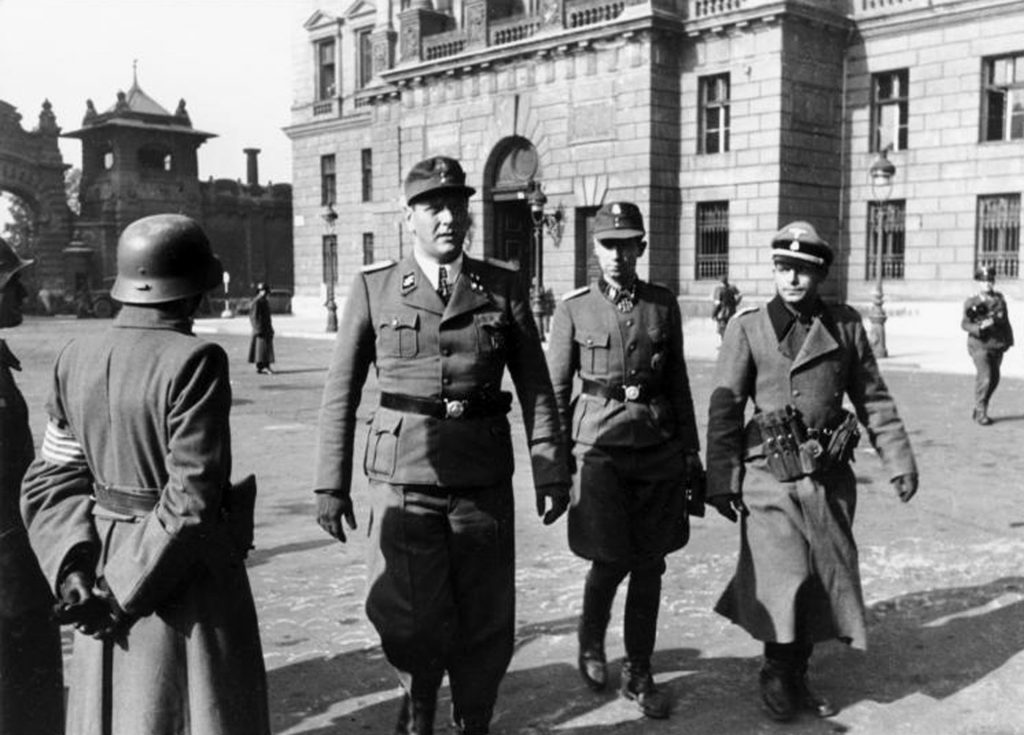
As Horthy explained years later, “We had nothing to oppose their armored vehicles, a fight that could only lead to the decimation of our faithful guards. Though I had been unable to achieve my aim of bringing peace to Hungary, my radio proclamation had nevertheless proved to the world that Hungary would not willingly submitting to occupation. But I intended to ask no one to lay down his life for me. I therefore ordered that no resistance should be made. It is easily said we should have engaged in a hopeless struggle rather than submit to Hitler, and such a view reads well on paper. It is in fact total nonsense. An individual can commit suicide—a whole nation cannot.”
However, Horthy’s order came too late for one guard unit in Castle Park, and the shooting Skorzeny had heard ended with the coup’s only casualties—four Germans dead and eight wounded, three Hungarians dead, 15 wounded. After voluntarily arriving at SS headquarters, Horthy heard another shot as his military aide committed suicide.
After 12 hours a virtual prisoner, Horthy was permitted to return to the Castle to pack for what he expected would be a meeting with Hitler. He discovered his rooms had been ransacked by Skorzeny and his military mobsters. Then, Hitler’s plenipotentiary appeared to thrust into his hands the decree for his abdication, in a final display of disdain without bothering to translate.
“I see that you seek to give your coup d’ etat an air of legality,” Horthy responded. “Will you give me your word of honor that my son will be liberated and will join us if I sign?”
“Yes, your highness, I give you my word of honor.”
Not believing him but having no choice, Admiral Miklos Horthy, without a navy, without a king, and now out of a country, signed. He would not be surprised by the piece of paper he would get in return. “Ribbentrop [German Foreign Minister Joachim von Ribbentrop],” he would write, “merely advised my daughter-in-law that he [the younger Horthy] was ‘suitably housed,’ a cynical description of his residence in the Mauthausen concentration camp.”
Admiral Horthy spent the rest of the war comfortably confined with the rest of his family, while over 100,000 Hungarian Jews were slaughtered by maniac Arrow Cross quislings or shipped to Auschwitz. Then, in January 1945, the Red Army battled its way into Budapest to impose Communism for 44 grim, miserable years.
Reunited after the war with his son, Horthy found refuge, appropriately, with another authoritarian right-wing dictator, Antonio de Oliveira Salazar of Portugal, dying in 1957. In neighboring Spain, Otto Skorzeny escaped Allied custody, enjoying exile until his own death in 1975.
Author John W. Osborn, Jr., has contributed to WWII History on numerous occasions. He writes from his home in Fort Myers, Florida.
